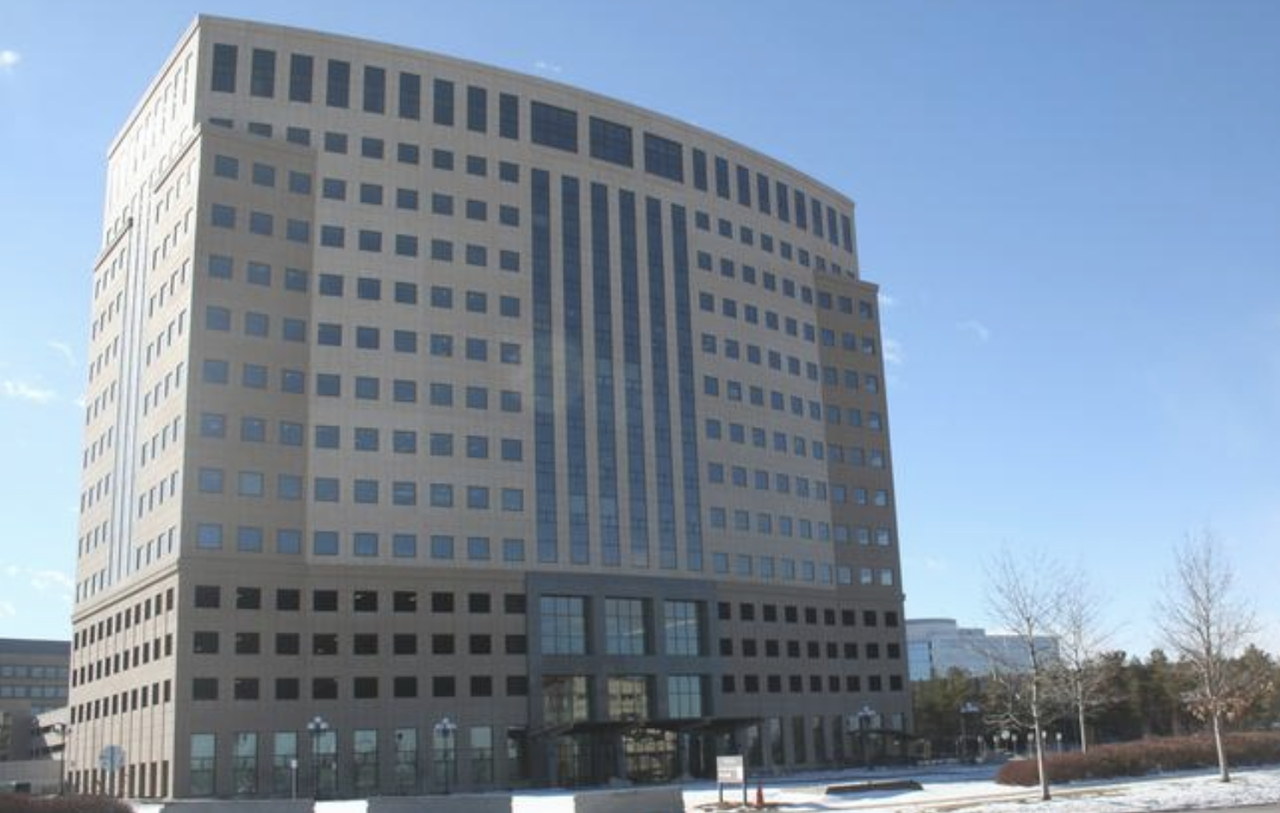This KKR-Backed Healthcare Firm Just Slashed Doctors’ Pay In The Middle Of An “Unprecedented” Pandemic
Even if they aren’t exactly certain how the business model works, Twitter blue checks and the rest of the mainstream media – having been whipped into an anti-banker fervor by Bernie Sanders and the last glowing embers of Occupy – never pass up an opportunity to kick private equity in the nuts.
And if there’s one industry where private equity has done the most to directly harm American public, it’s health care.
Envision’s Colorado headquarters
During the latter part of the Democratic primary campaign, Bernie Sanders and Elizabeth Warren primed the pump by extolling the evils of private equity to the public every chance they got, helping impress the term into the memory banks of legions of twentysomethings how the industry had contributed to America’s health-care crisis, along with a multitude of other societal ills. Now, with the world in the grip of an unprecedented crisis, the industry is about to get pilloried once again – but this, much, much bigger than before, we suspect – as private equity-backed health-care companies, loaded down from their LBO debt binges, are forced to make cutbacks including slashing pay for doctors and nurses in the middle of a pandemic that has already killed nearly 9,500 Americans.
And now the KKR-backed Envision Healthcare Corp., one of the biggest medical providers backed by private equity, is poised to become the poster-child for Wall Street greed as it informs hundreds of doctors in its employ will not be receiving the bonus checks they had been expecting in April. Though we suspect this isn’t a complete surprise, the cuts will deprive hundreds of doctors of roughly one-third of their total comp during an already extremely difficult time for them and their families. The company has promised to repay them at a later date once their financial situation has improved.
The move risks igniting a blowback that could make KKR one of “the most hated companies in the world. Just ask Martin Shkreli.
But the reason the company’s financial position is so poor in the first place is because Envision carries more than $7 billion of debt. This debt was amassed during what was, according to data compiled by Bloomberg, the third-largest health-care LBO ever.
In a statement, Envision said it’s “100% focused” on saving lives during this crisis, even though its business (ambulatory surgical centers and medical staffing) shrank more than 75% in two weeks, Bloomberg said. With so many Americans hiding at home and fearful of entering hospitals and doctor’s offices, people are delaying elective and non-emergency care at unprecedented rates.
“We are on the front lines caring for patients during this unprecedented public health and economic crisis,” the Nashville, Tennessee-based company said. “Envision Healthcare is 100 percent focused on saving lives and sustaining the nation’s fragile health-care system. The safety net we provide for millions of patients must remain fully intact for when we get to the other side of this national crisis.”
Like many companies, Envision completely drew down its two credit lines to provide financial flexibility in recent weeks (apparently it didn’t listen to Larry Kudlow and Mnuchin). The company spends about $1.5 billion on compensation for physicians quarterly, an insider reportedly told BBG. The company has about $140 million to $150 million in debt payments due in the next two weeks, according to Mike Holland of Bloomberg Intelligence, and has $650 million of cash on its balance sheet. It has warned investors that it might need to raise more financing if circumstances continue to deteriorate.
The biggest problem for KKR, is that some of the physician groups are planning to sue the company; litigation could draw unwanted attention to KKR at a time when public anger is dangerously high.
But as the ‘cockroach’ theory suggests, Envision isn’t alone: The boom in LBOs (part of the binge on corporate debt that also fueled the surge in buybacks) left many companies, especially in the health-care space, where many companies were built via a series of costly mergers and acquisitions.
Tyler Durden
Sun, 04/05/2020 – 20:05
via ZeroHedge News https://ift.tt/2yCJHnU Tyler Durden
